Observations about science since the declaration of pandemic.
Science begins with assumptions. Science depends on a cohesive, stable creation from which to draw its observations. Science takes place in a physical world which has metaphysical concerns.
Science begins with a problem to be addressed then continues with observations. Asking 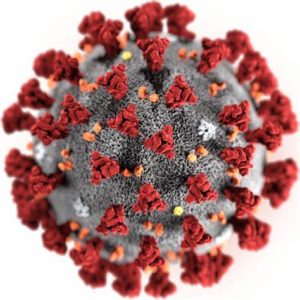 questions of any problem reveals the bias of the scientist, who must begin with language flowing from her assumptions.
questions of any problem reveals the bias of the scientist, who must begin with language flowing from her assumptions.
Science encounters ethics at the beginning, during, and at the end of research. As soon as the word “should” is uttered, scientists cross the physical world with the metaphysical world.
Science, by itself, is based on a faith in a created world but cannot give joy, hope, or peace.
 New findings or research produce new results, directions. Scientific information is always susceptible to alteration or adjustment.
New findings or research produce new results, directions. Scientific information is always susceptible to alteration or adjustment.
Scientists are people and therefore fallible. Scientists are not cold, detached, unbiased automatons.
Scientists disagree with each other. Calling scientists who disagree with accepted cultural norms “deniers” discredits the scientific enterprise. Scientists who disagree should be heard, their research reviewed, because that is what science does.
Science has limitations of time, capacity, accuracy, replication, or prognostication.
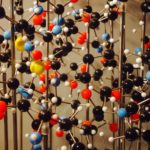 Scientific models used to project, anticipate, or determine outcomes, may be flawed.
Scientific models used to project, anticipate, or determine outcomes, may be flawed.
“Tentative results,” a mainstay phrase of scientific theory, is not fully appreciated in a culture used to the term “immediate” as in “See results in minutes!”
Actions taken on behalf of or because of scientific discovery may produce unintended consequences. [See my writing here and here on “unintended consequences.”]
Science impacts common people; however, it cannot give common people a reason, meaning, or purpose in life.
Science, if the scientist begins with an impersonal worldview (naturalistic, materialistic, or empirical), 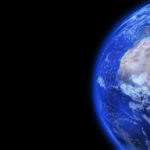 cannot imply or infuse a view of personal care upon their results or research without smuggling in or unconsciously stealing the concept of “personal” from a metaphysical world.
cannot imply or infuse a view of personal care upon their results or research without smuggling in or unconsciously stealing the concept of “personal” from a metaphysical world.
 Journalists are not scientists but can make scientists seem right or wrong by their reportage. Reportage on science changes because scientists make new discoveries or advances. Journalists are interpreters and can therefore offer misinterpretations of science. Science does not set out to have political or religious implications but often does because of how journalists report the science.
Journalists are not scientists but can make scientists seem right or wrong by their reportage. Reportage on science changes because scientists make new discoveries or advances. Journalists are interpreters and can therefore offer misinterpretations of science. Science does not set out to have political or religious implications but often does because of how journalists report the science.
Scientists can be wrong about science but we need people to participate in the vocation of science.
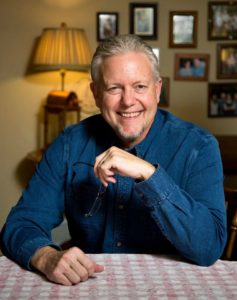 None of these observations are meant to discredit science or scientists.
None of these observations are meant to discredit science or scientists.
I am acting as an independent monitor, examining what I see. My own comments are ongoing, need revision, are not sacrosanct, and may necessitate clarification, which sounds very much like what scientists do.
See my love of science (here) and what science cannot do (here)
Picture credit: Luke Renoe, Snappy Goat

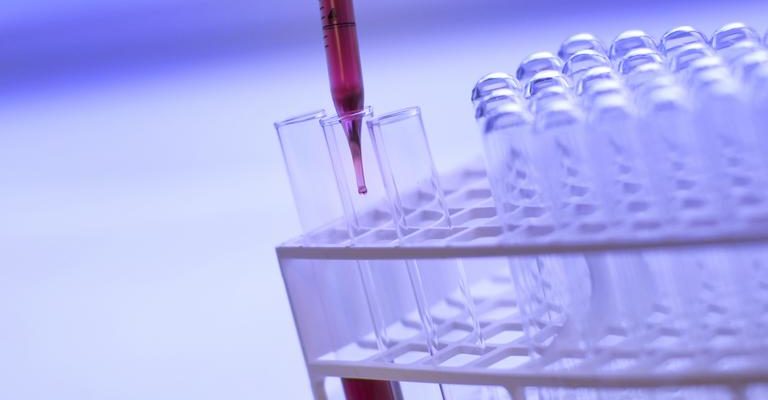
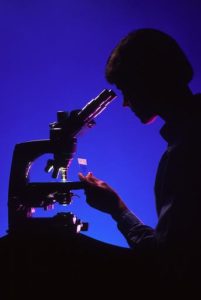
Hi, Mark.
Thanks for posting this blog. It provides a much-needed balance amidst the war raging on social and news media during the current pandemic.
I am comforted by the fact that God has given me an intuitive certainty that His Word is Truth, and that He declares that His plan for our good will succeed. I wish I could infect others with this faith, but that is something only God can do. It is His prerogative and is only within His power.
It’s good to hear from you. Blessings to you and your family. Be safe.